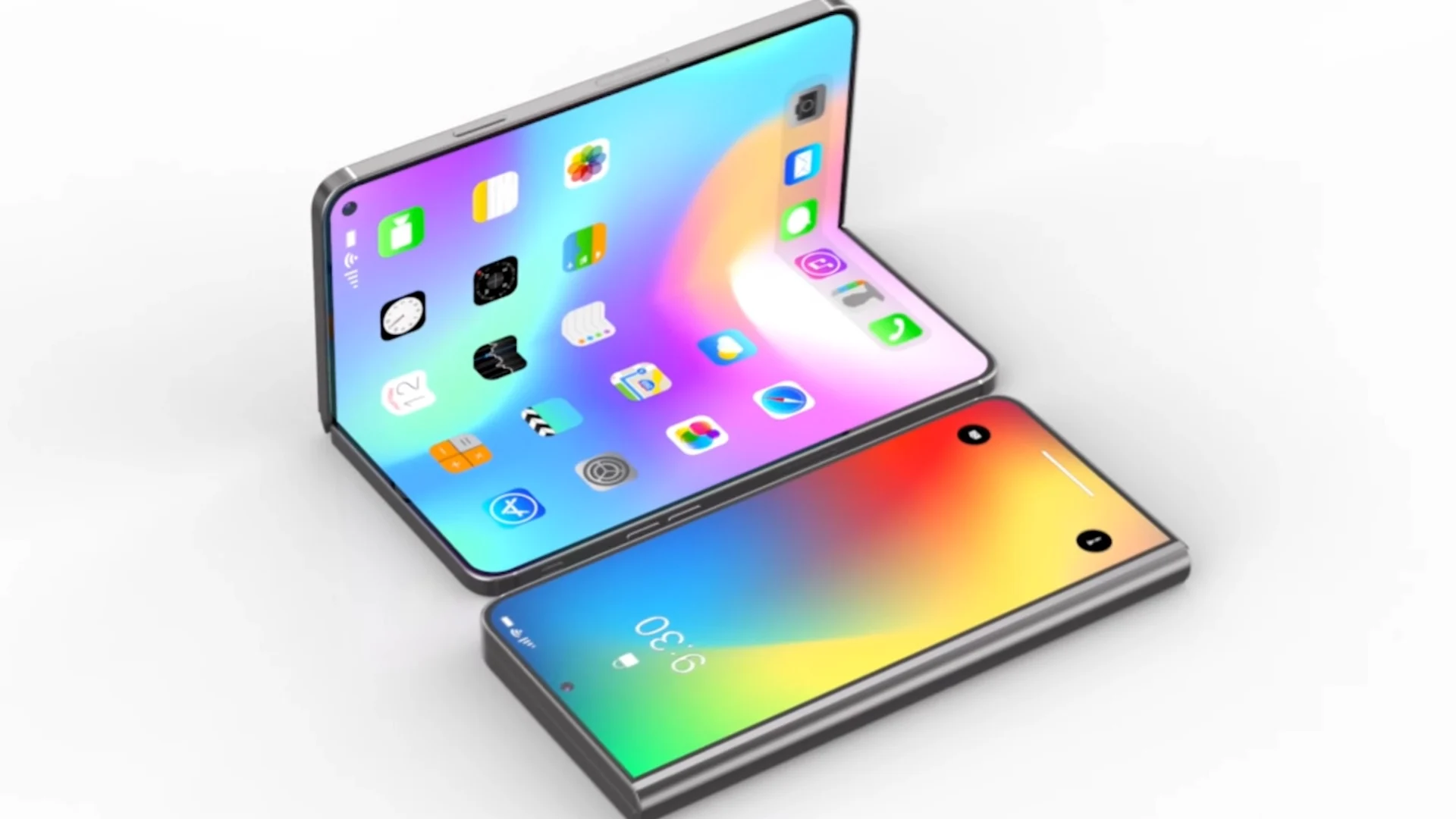Apple is working with its chip-making partner TSMC to create more powerful and energy-efficient chips using a 1.4-nanometer (nm) process by the year 2028. This will be the most advanced chip technology ever made by TSMC.
Right now, Apple’s latest chips are built using a 3nm process. Moving to 1.4nm means the chips can be even smaller, faster, and use less power. These upgrades could lead to better performance and longer battery life in future iPhones, iPads, and Macs.
TSMC plans to start making chips with the 1.4nm process—called A14—by late 2027, with mass production in 2028. The company is also working on 2nm and 1.6nm chips before reaching the 1.4nm level.
This improvement is part of Apple’s long-term strategy to make its devices faster while keeping them energy efficient. TSMC is currently building advanced chip facilities in Taiwan to support this new technology. Apple will likely be one of the first to use these 1.4nm chips when they’re ready.
This new chip tech shows how Apple and TSMC are pushing the limits to bring better performance to everyday devices, all while using less power.








